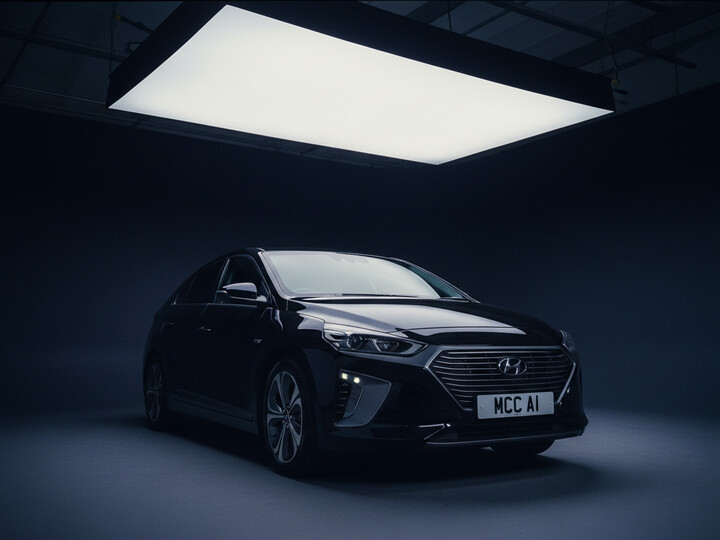HYUNDAI IONIQ (2019-22)

Buyer's Guide & Data from our Checks
The HYUNDAI IONIQ (2019-22) is a popular choice for drivers seeking an eco-friendly hatchback that combines practicality with modern design. As a hybrid vehicle, it offers low running costs and impressive fuel efficiency, making it especially appealing to city commuters and environmentally conscious drivers. Within the UK market, the IONIQ stands out for its sleek look and reliable performance, often chosen by those looking for a versatile car that’s easy to drive daily.
Mycarcheck.com data shows a high level of interest in this model, with over 5,700 checks and nearly 2,870 different vehicles recorded. This suggests a strong presence on the used car market. The typical private sale valuation of around £18,500 and average mileage of 39,000 miles highlight its attractiveness for buyers looking for a dependable and affordable hybrid car. The vehicle’s history shows an average of just over half a previous owner, indicating it's often a first or second car purchase.
What makes the HYUNDAI IONIQ (2019-22) notable is its combination of efficiency, modern features, and low maintenance costs. It offers a comfortable driving experience with a quiet engine and smooth handling, competing well with other hybrid hatchbacks. Its reputation for reliability and eco-friendly design make it an ideal car for those wanting a practical, stylish, and cost-effective vehicle in the busy UK market.
Key Findings
The following statistics are drawn from our checks of 2,870 different vehicles, run between February 17th 2021 and December 31st 2025. These real-world insights provide context for this vehicle's place in the market, as well as its typical usage.
5,698
Lookups
Lookups
171
Hidden Histories
Hidden Histories
51k
Average Mileage
Average Mileage
£18,500
Average Valuation
Average Valuation












